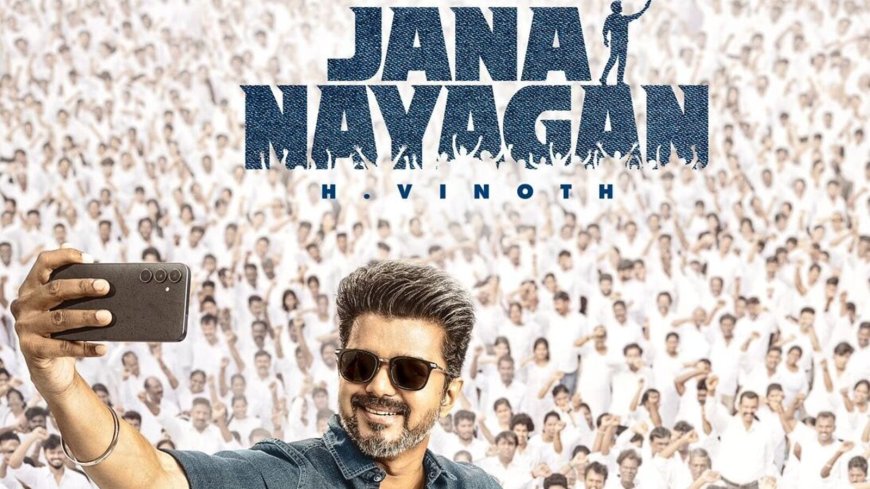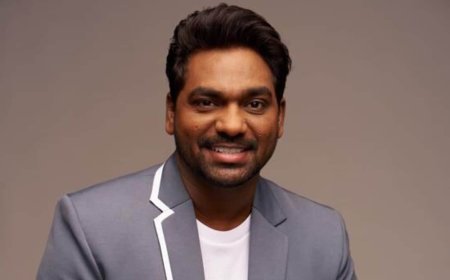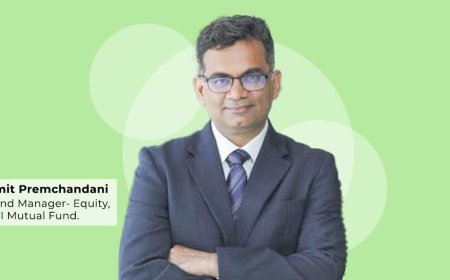Indian Film Stars' Political Ambitions Can Dim Box Office Allure, Experts Warn
Experts warn that Indian actors entering politics may risk alienating fans, hurting box office revenues, and damaging brand endorsement potential. A closer look at the intersection of stardom and politics.

Glitz Meets Governance: A Tenuous Balancing Act
In India, where the lines between celebrity and politics often blur, the increasing political aspirations of film stars are triggering a critical debate within the entertainment and investment communities. While actors stepping into politics is not new, recent events suggest that such transitions may now carry greater commercial consequences, especially concerning box office performance and long-term brand value.
A slew of popular names from Bollywood and regional film industries have either joined political parties or are openly flirting with political ambitions, sparking concerns over how these shifts might influence their mass appeal and revenue-generating capabilities.
When Stardom Faces Political Reality
Over the past few years, a growing number of actors—from Tamil superstar Vijay to Bollywood celebrities like Kangana Ranaut—have made direct or indirect political moves. Although such forays often bring visibility and public discourse, they also carry polarizing risks.
“A film star’s value lies in their universal appeal. When they enter politics, they inevitably take sides. That risks alienating segments of their fan base,” said Raghav Kapoor, founder of India Ratings & Forecasts. “This political alignment can impact box office collections, brand endorsements, and even OTT interest.”
Data from multiple regional film markets show mixed results for actors-turned-politicians. While stars like M.G. Ramachandran and N.T. Rama Rao became political icons without denting their fan bases, the current media environment, shaped by social media polarization and rapid information dissemination, makes it harder to sustain dual identities.
Box Office Volatility Amid Political Noise
In 2024, films featuring actors actively campaigning or engaging in political controversy saw average opening day revenues drop by 10–15% compared to their previous releases. A case in point was a high-budget Telugu film released just ahead of general elections, which underperformed despite massive pre-release buzz, allegedly due to the lead actor’s political statements drawing backlash.
Film industry veterans believe that political involvement, unless gracefully managed, can alienate both urban multiplex audiences and rural single-screen moviegoers.
“Political entry can reduce an actor’s relatability. People go to cinemas for escapism, not political sermons,” said Anuradha Jain, film marketing consultant and co-founder of MediaBox India. “Even OTT platforms take note. Their data shows engagement dips when content is seen as politically skewed.”
Brand Endorsements Also at Risk
The impact goes beyond the silver screen. Consumer brands, which often invest crores in celebrity endorsements, have started factoring political neutrality into their selection criteria. A recent study by a Mumbai-based marketing analytics firm revealed that brands are 25% more likely to drop celebrities after politically controversial statements or alignments.
“Corporates avoid controversies. A politically vocal actor could be seen as a reputational risk,” said Harish Bhandari, a senior executive at a leading FMCG company. “While some brands like to court controversy for awareness, most prefer a clean image and mass appeal.”
This shift is evident in recent advertising trends, where celebrities known for apolitical stances or philanthropic causes are getting more high-value campaigns.
Regional Film Industries: More Vulnerable?
Southern film industries—particularly in Tamil Nadu and Andhra Pradesh—are more intertwined with political identities, given their history of film-star politicians. However, even here, the dynamics are changing.
“Younger audiences are more politically aware but also more critical. They won’t support an actor blindly,” said Dr. Meena Krishnan, professor of political science at Madras University. “Moreover, digital literacy has made people question celebrity motives, which in turn affects ticket sales and star loyalty.”
There is also a generational shift underway. The new crop of actors and audiences are more conscious of separating reel life from real-life ideology.
Investor Outlook: Watch the Political Pulse
From a financial standpoint, entertainment stocks and production houses with heavy reliance on politically active celebrities could face valuation fluctuations, especially during election cycles or when controversies arise.
Analysts suggest that content-led production houses with diversified casting and OTT presence are better hedged against such volatility. Investors are advised to assess talent portfolios, market segmentation, and risk management practices.
“As the Indian entertainment industry increasingly globalizes, neutrality and broad-based appeal will be key. Political alignment, unless it becomes a career shift, should be handled with careful PR strategies,” noted Ritesh Thakur, media sector analyst at Axis Securities.
As Indian film stars continue to explore political ambitions, the delicate balance between personal ideology and public persona becomes even more critical. While some actors may find success in both worlds, the risks to their entertainment careers—and by extension, to box office and brand valuation—are real and growing.
For now, the industry watches closely as celebrity-politicians walk the tightrope, mindful that in India, applause can quickly turn into boycott.
What's Your Reaction?
 Like
0
Like
0
 Dislike
0
Dislike
0
 Love
0
Love
0
 Funny
0
Funny
0
 Angry
0
Angry
0
 Sad
0
Sad
0
 Wow
0
Wow
0













































































